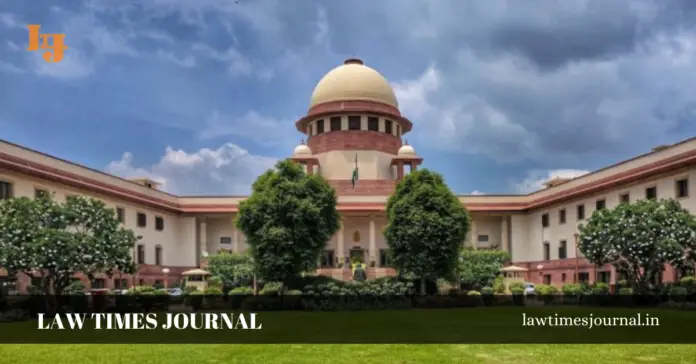
The Supreme Court has held that limitation usually does not begin when the debt becomes due but is usually only when a default takes place. The bench that comprised of Justices DY Chandrachud, Surya Kant and Vikram Nath claimed that the debt was defined in Insolvency and that the Bankruptcy Code as the non-payment of the debt by the corporate debtor was when it has become due.
The Bench had also noted that the Limitation does not commence when the debt becomes due but only when a default occurs. As was noted earlier in the judgment, a default is defined under Section 3(12) of the IBC as the non-payment of any debt by a corporate debtor when it has already become due.
The court had noted that both the parties were in negotiation with respect to the re-payment and the minutes of that meeting which show that the Proprietary Concern was to willingly to make the re-payment in case the CMRL issued a letter stating that they would not pursue a claim in the future or if the applicant would have provided a bank guarantee for the same given amount.





